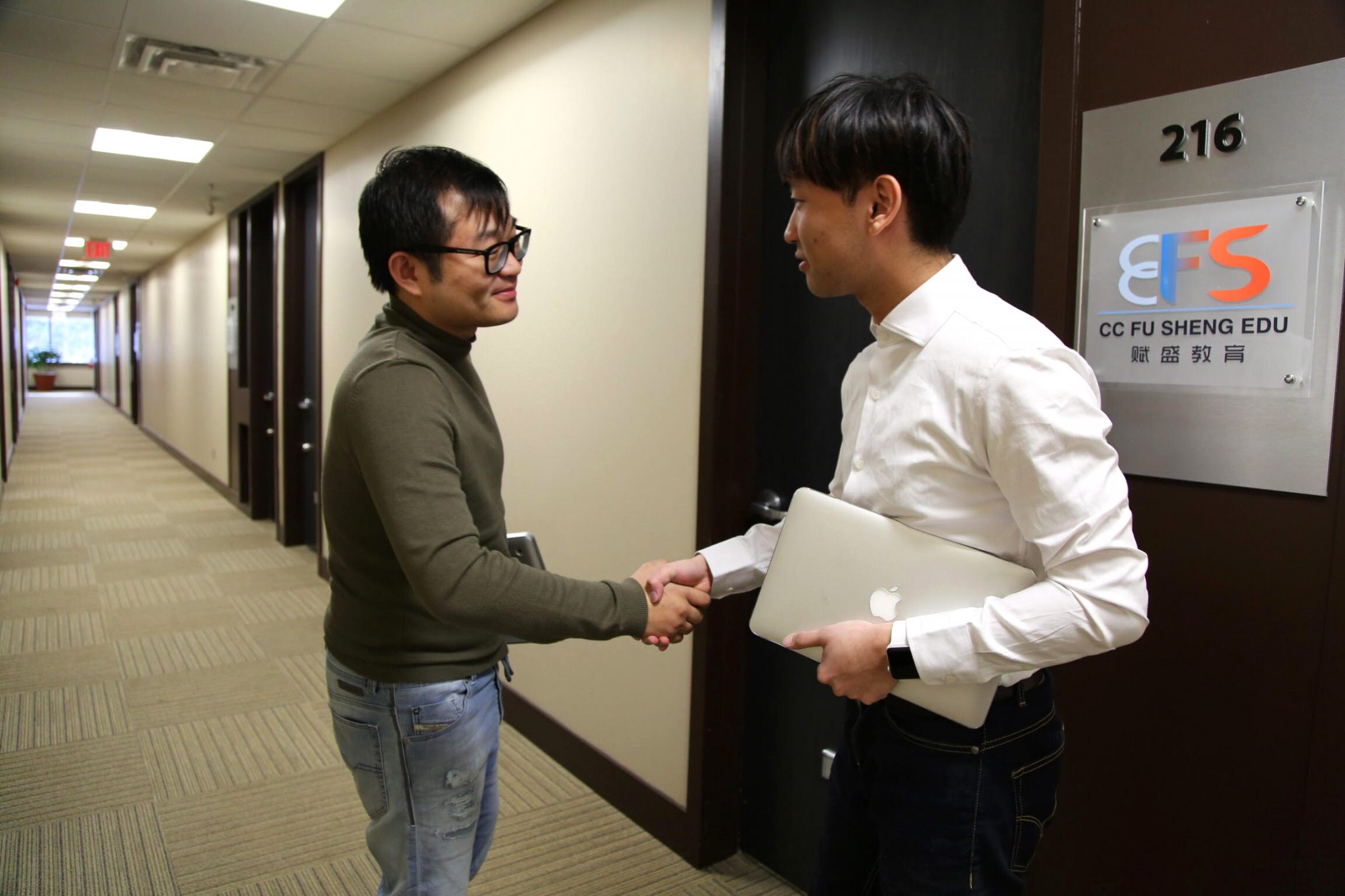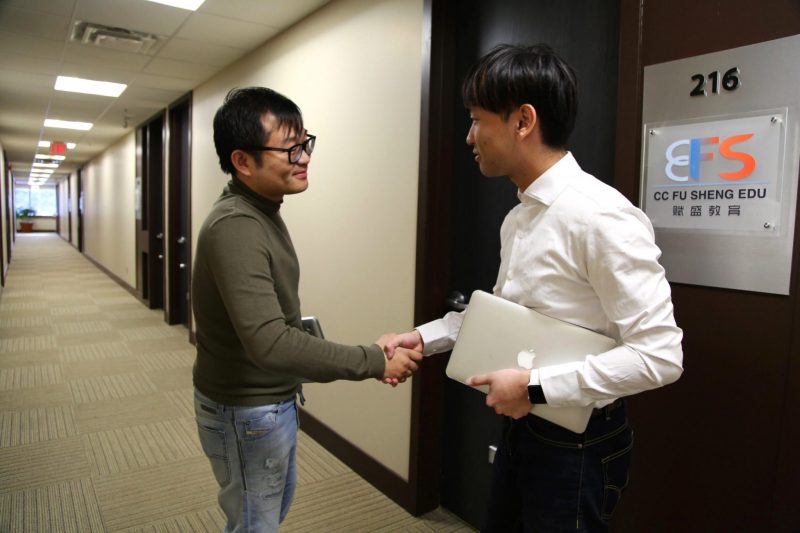What in collaboration? How to maneuver the dreaded task


By far, the two scariest words in the English language are “group project.”
The excuse I was always given in high school for making these collaborative nightmares mandatory was that it would give us preparation for the “real world” of employment, where we’d have to work with other people to reach a collective goal.
That’s pretty difficult to see when you’re stuck with a bunch of unreliable people who don’t care what happens either way at the end of this “goal.”
I’d like to hope that this changes when we get to graduate programs and the world of employment, but at least through my undergraduate career, I’ve been forced to work with some entirely questionable people.
So what happens then? You’re stuck with them for at least a portion of your mark, so you have to make it count somehow.
I find one of the easiest ways to work with the people you don’t get along with is to divide responsibilities from the get-go.
If everyone knows what they’re supposed to be doing, there should be less interaction between all parties.
If you’re the bossy, controlling type like me, another thing that can work is to hover. Send excessive messages to make sure that things are coming along well and people are actually doing their work.
The more you stay in contact, the less feasible an “I forgot” excuse is going to be.
If you’re placed in a group with someone you already have issues with, professors are usually willing to accommodate as long as you let them know right away and have some kind of valid qualm.
Again, as several articles in the past have stressed, professors are not your enemies. They should not be intimidating and you shouldn’t be afraid to approach them with your concerns.
They’ve been hired for a reason and you should always take advantage of the services that they provide.
Despite all the proactive gestures, sometimes (and oftentimes), the work ends up falling on one person anyway.
In that case, don’t be afraid to let the professor, or whoever is grading, know who actually did the work on the project.
At the end of the day, these people don’t have to be your friends. They’re your partners. and if we’re to be treating this like preparation to the world of employment we should do exactly that.
If you didn’t do the work for a job, you wouldn’t get paid. If you’re not going to do the work in a class group project, you shouldn’t get the credit.
That’s certainly not going to make you any friends, but I wouldn’t want to be friends with someone who’s unmotivated and manipulative anyway.
If they’re not going to put in the work to get the grades, they’re likely not going to put in the effort to have a proper friendship either.
Be unapologetically bossy.
It just means that you’re trying to seize control of your own situation and there is nothing wrong with that.
Don’t let the promise of Dean’s Honours fade because of one New Venture member who’d rather hit up Phil’s than do their part.
You’ll have more of a regret looking at your grades than you would taking 30 seconds of courage to tell your group members to smarten up.
Despite how long it feels, the semester is only 12 weeks and you’re not going to be stuck with these people forever.
Power through and make the best of your situation, but don’t let shitty things happen to you either.


